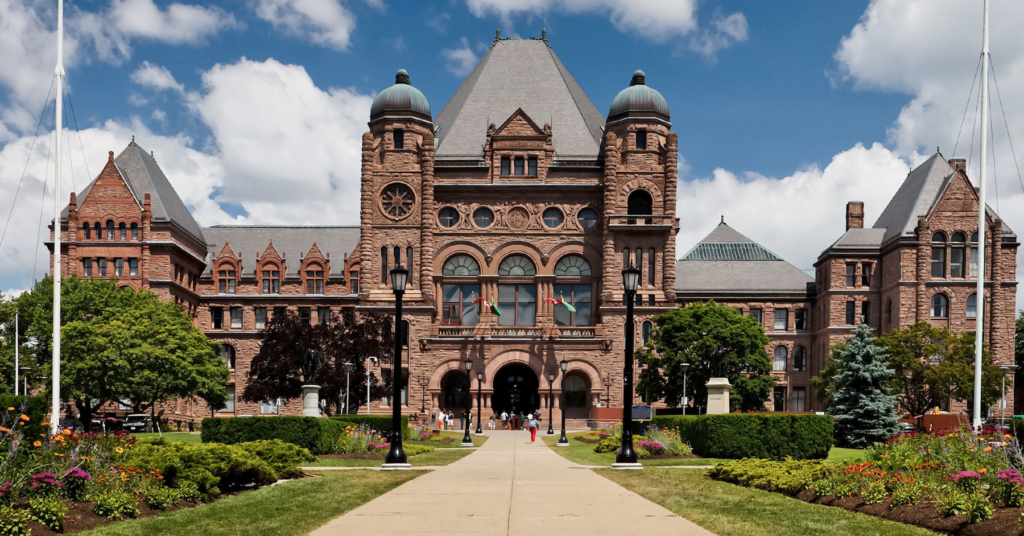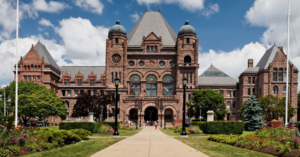
Ontario’s Government Found 15,000 COVID-19 Workplace Violations. They Stopped Work Only 24 Times.
New Ministry of Labour data raises questions about whether businesses that break the rules during the COVID-19 pandemic are getting off easy
Doug Ford’s Ministry of Labour found over 15,000 COVID-19 infractions and filed 450 tickets across about 19, 000 workplaces from January to April 2021, but the Ministry only stopped work 24 times — before hard-hit regions intervened to close dangerous workplaces themselves.
Ontario is in the middle of a third-wave of COVID-19 infections and deaths and workplaces have been a key driver.
Yet, according to an April note by the Ministry of Labour, while inspectors recorded thousands of infractions relating to COVID-19 and demanded changes or “orders,” few workplaces were actually stopped.
The note reads:
“Since the beginning of 2021, occupational health and safety inspectors and multi-ministry teams of provincial offences officers have conducted more than 19,500 COVID-related workplace inspections and investigations across the province. During those visits, they’ve issued over 15,000 orders and over 450 COVID-19 related tickets, and stopped unsafe work related to COVID-19 a total of 24 times.”

Ministry of Labour
According to the Ministry, “compliance order” is issued when an employer is found to be contravening the law. A “stop work” order is issued when there is an immediate risk a worker could be harmed.
“A stop work order can be issued where the inspector feels that workers are ‘endangered’,” Ryerson occupational health professor Thomas Tenkate told PressProgress.
“Based on descriptions in the OHSA about ‘dangerous circumstances’ which include criteria that ‘any delay in controlling the hazard or danger may seriously endanger a worker’, and also based on the key drivers of risk being likelihood and seriousness, I would say that for an inspector to stop work they would have to conclude that the circumstance poses an immediate danger to workers and that not controlling it immediately poses an unacceptable risk.”
Since April 8, however, Toronto and Peel have both taken their own powers to close workplaces linked to COVID-19 outbreaks, including the partial closing of McDonald’s franchises, Amazon facilities and more.
Toronto and Peel are both key COVID-19 hotspots, together accounting for over 1,000 reported cases on April 25 alone.
“Given the nature of the pandemic and that it is continuing, and that workplaces are now becoming a major source of outbreaks, I think that stronger enforcement is needed,” Tenkate said.
“At the beginning of the outbreak the Ministry of Labour was very reluctant to take the lead in addressing COVID-related hazards in the workplace, leaving it largely to public health authorities,” Osgoode Hall law professor Eric Tucker told PressProgress.
“Public health authorities are also now closing workplaces in some instances too, which has been a long-time coming. “
“The Ministry of Labour should have taken the lead and been on top of work-related COVID outbreaks from the start,” Tucker added.
Ontario’s Ministry of Labour did not respond to requests for comment.
Our journalism is powered by readers like you.
We’re an award-winning non-profit news organization that covers topics like social and economic inequality, big business and labour, and right-wing extremism.
Help us build so we can bring to light stories that don’t get the attention they deserve from Canada’s big corporate media outlets.
Donate



